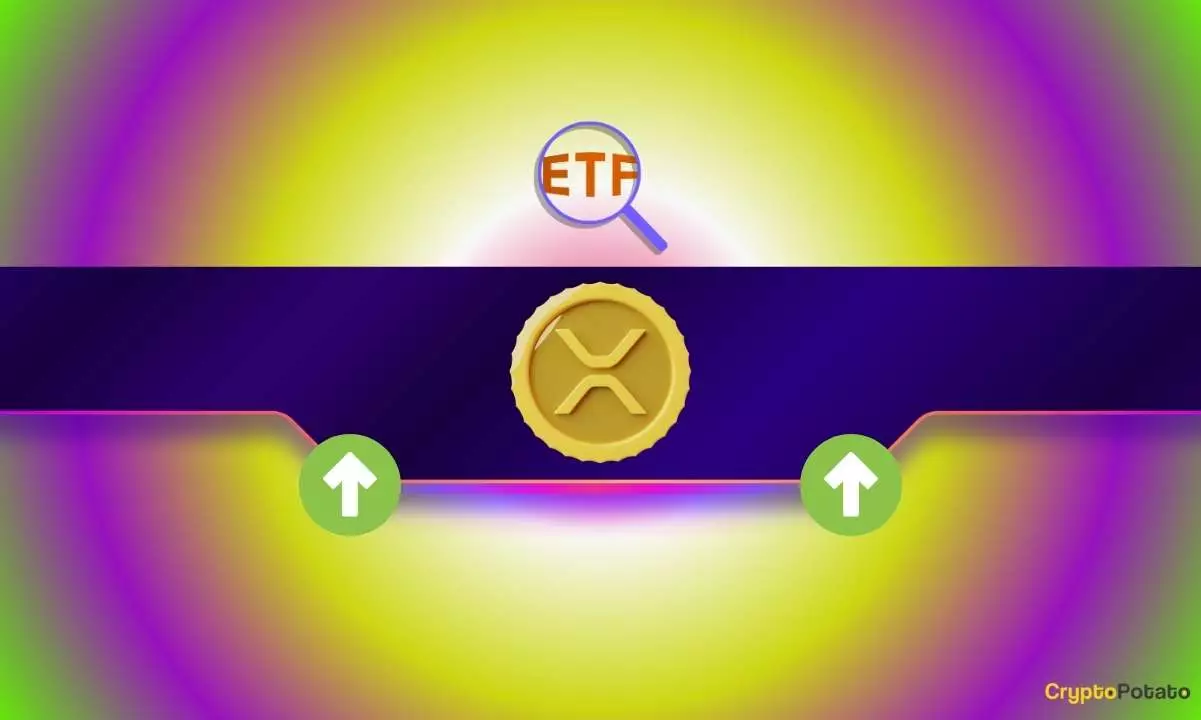In recent months, the cryptocurrency landscape has witnessed an interesting surge of applications for spot XRP exchange-traded funds (ETFs) in the United States. Prominent firms such as Grayscale, Bitwise, and 21Shares are at the forefront of this movement, demonstrating their ambition to usher in this innovative investment vehicle. The U.S. Securities and Exchange Commission (SEC) has taken notice and officially acknowledged these applications, signaling its intention to review these proposals. Among these, Grayscale’s submission has been particularly noteworthy, being published in the Federal Register. This pivotal step grants the SEC until October 18 to either approve or reject the application, much to the delight of the XRP community, who view the ETF’s potential launch as a turning point for the cryptocurrency.
The buzz around the proposed XRP ETF has ignited considerable enthusiasm within the XRP community. Many members are convinced that regulatory approval is just around the corner, a sentiment echoed by Ripple’s CEO, who has called the ETF’s launch “inevitable” on multiple occasions. According to predictive markets like Polymarket, the chances of the XRP ETF being greenlit in the U.S. by the end of 2025 stand at an impressive 81%. However, hopes for a faster turnaround by July 31 hover around 45%. This discrepancy illustrates the unpredictability inherent in regulatory processes, especially when it involves a field as dynamic as cryptocurrency.
While U.S. developments have garnered significant attention, it’s essential not to overlook international strides. Recently, Brazil’s securities regulator, the Comissão de Valores Mobiliários, approved the world’s first spot XRP ETF, a historic milestone that led to a temporary price surge of the asset to nearly $2.75. This accomplishment showcases the willingness of countries outside the U.S. to embrace cryptocurrency investment products, but it brings into question the relative weight of such movements. Although Brazil’s approval is significant, the potential implications of a U.S.-based XRP ETF launch could dwarf its impact, given the United States’ position as the largest and most influential financial market worldwide.
Should the SEC provide its seal of approval for an XRP ETF, the repercussions could be transformative. The introduction of this investment vehicle in the U.S. market would not only expose XRP to a larger demographic of institutional and retail investors but could also act as a catalyst for broader global adoption of cryptocurrencies. A successful application would signify a shift towards a more favorable regulatory environment, especially given the changes in SEC leadership. Mark Uyeda’s appointment as a pro-crypto chairman could indicate a new era of regulatory outreach that encourages confidence in the cryptocurrency sector.
The race to establish a spot XRP ETF represents more than just a new investment option; it is emblematic of the broader struggle for cryptocurrency legitimacy worldwide. The optimism felt by the XRP community is both a reflection of a maturing market and a precursor to the potential upheaval in how cryptocurrencies are perceived and regulated. As the world watches the SEC’s next moves, the importance of fostering an environment that embraces innovation while ensuring investor protection cannot be overstated. The future looks promising for XRP and the crypto industry at large, waiting for a pivotal breakthrough that could redefine investment landscapes.
















Leave a Reply